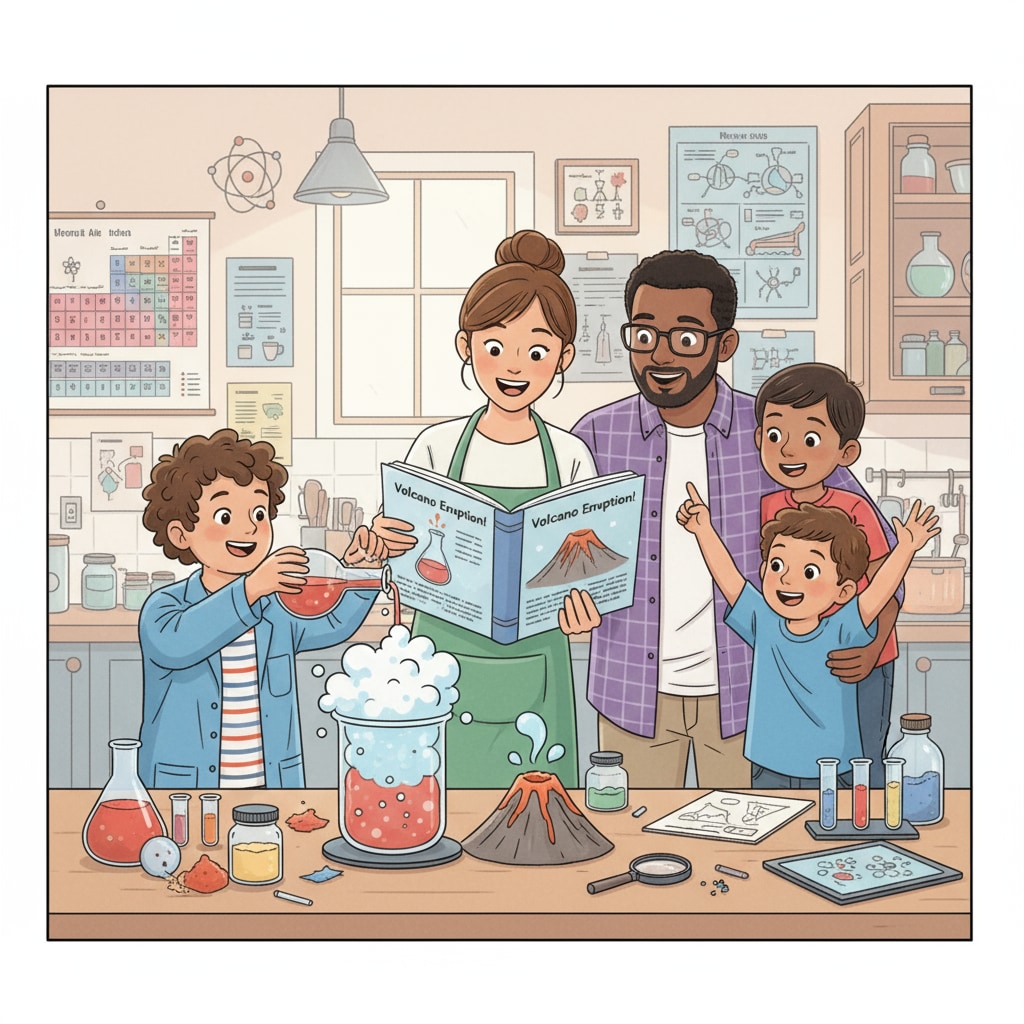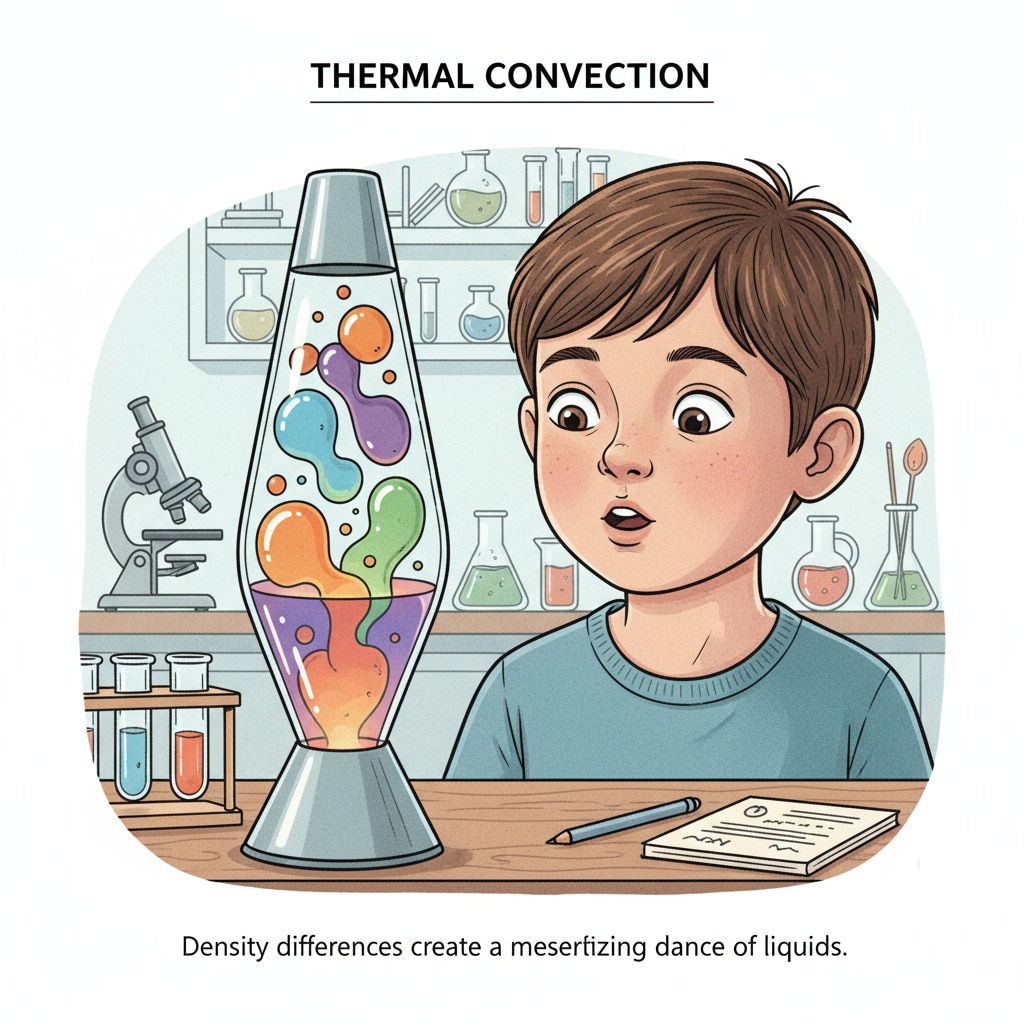Family science experiments, DIY experiments, and science education are wonderful ways to engage children in the world of science. In this article, we will explore some exciting experiments that are perfect for the home environment and are designed to spark the curiosity of K12 students.
Why Family Science Experiments Matter
Family science experiments offer a unique opportunity for parents to bond with their children while fostering a love for learning. These hands-on activities not only make science fun but also help children understand complex concepts in a more tangible way. For example, when kids conduct experiments at home, they are actively involved in the learning process, which enhances their critical thinking and problem-solving skills. Science education on Britannica emphasizes the importance of practical experiences in shaping a child’s understanding of the scientific world.

Simple DIY Science Experiments
There are numerous DIY science experiments that can be easily carried out at home. One such experiment is the “Lava Lamp” experiment. All you need are some common household items like a clear plastic bottle, vegetable oil, water, food coloring, and an Alka-Seltzer tablet. The experiment demonstrates the concept of density and chemical reactions. As the Alka-Seltzer tablet dissolves in the water, it releases carbon dioxide bubbles that rise through the oil, creating a mesmerizing lava lamp effect. Another great experiment is the “Invisible Ink” experiment. Using lemon juice and a cotton swab, kids can write secret messages on paper. When the paper is heated gently, the lemon juice turns brown, revealing the hidden message. This experiment showcases the chemical properties of lemon juice. Science experiment on Wikipedia provides a wealth of information on various types of experiments.

These family science experiments are not only entertaining but also educational. They allow children to explore scientific concepts in a safe and fun environment. Parents can use these opportunities to encourage questions and discussions, further enhancing the learning experience. By incorporating DIY experiments into the home routine, we can cultivate a new generation of young scientists with a passion for discovery.
Readability guidance: The paragraphs are short and to the point. Lists could be added in future sections for better organization. Passive voice is minimized, and transition words like “for example” are used to connect ideas.


